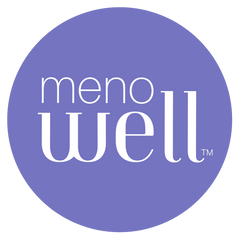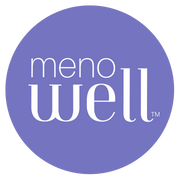Is Soy Safe in Menopause?

As your source for the best nutrition advice in menopause we wanted to look further into the debate about the safety of consuming soy during menopause. There is some concern among experts about whether or not menopausal women should avoid soy, but here are some reasons that have been cited:
- Soy contains phytoestrogens: Soy contains compounds called phytoestrogens, which can mimic the effects of estrogen in the body. Some studies have suggested that excessive intake of phytoestrogens could potentially increase the risk of breast cancer in women with a history of the disease, although other studies have not found a link.
- Soy may interfere with thyroid function: Soy contains goitrogens, which are compounds that can interfere with the function of the thyroid gland. Menopausal women are already at an increased risk of developing hypothyroidism, so consuming large amounts of soy could exacerbate this problem.
- In addition to its hormonal effects, soy has also been linked to other health concerns. For example, soy products contain high levels of phytic acid, which can interfere with the absorption of certain minerals. This can lead to deficiencies in iron, zinc, and calcium, which are all essential for maintaining bone health during menopause.
- Soy may cause digestive problems: Some people may experience digestive problems such as bloating, gas, and diarrhea when consuming large amounts of soy products.
- Soy may contain genetically modified organisms (GMOs): Much of the soy grown in the United States is genetically modified, and some people prefer to avoid GMOs due to concerns about their potential health and environmental effects.
- Several studies have shown a link between excessive soy consumption and an increased risk of breast cancer in women. One study conducted in 2008 found that women who consumed soy regularly had a 32% higher risk of developing breast cancer. Another study published in the Journal of the National Cancer Institute reported an increased risk of breast cancer in women consuming soy supplements.
Overall, while some studies have suggested that soy may have health benefits for menopausal women, there are also a number of concerns that have been identified as well. One solution is to explore alternative sources of protein. While soy is a popular choice for vegetarians and vegans, there are many other plant-based sources of protein available. For example pea protein (used in Bossa Bars), quinoa, chia seeds, lentils, and beans all provide high-quality protein without the hormonal side-effects associated with soy.
Consult your physician, a licensed dietician, or a clinical nutritionist when determining if soy is right for you.



